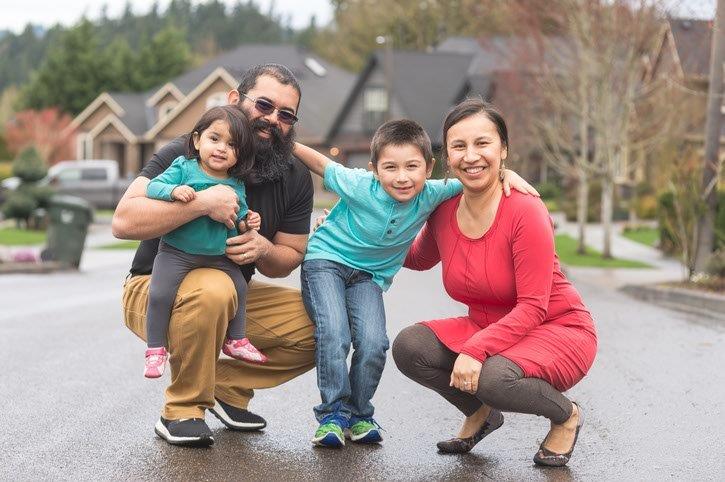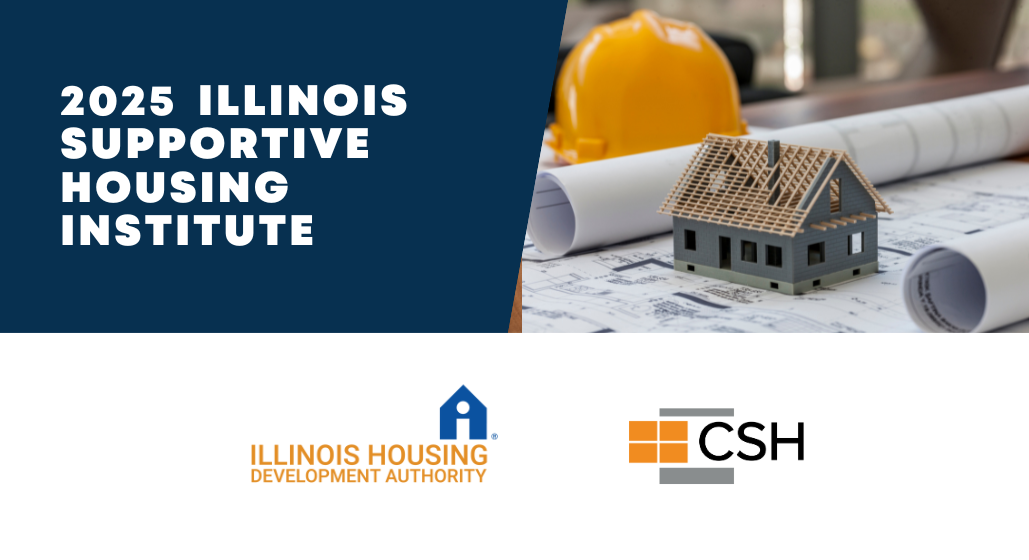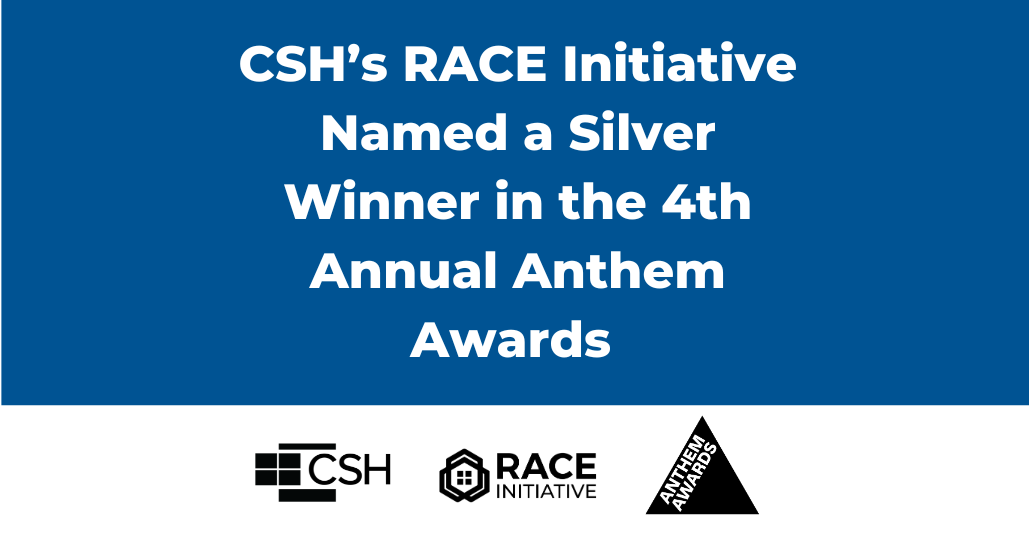Funding and technical assistance to reduce housing instability for families at high-risk of child welfare involvement in Alaska, Minnesota, Washington, and Wisconsin.
CSH is administering a competitive RFP process open to non-profit organizations, government entities (state, county, or city) or Tribal Nations in Minnesota, Washington, Alaska, and Wisconsin focused on identifying, designing, and implementing service and housing strategies co-designed with families and communities that:
- Reduce housing instability and risk of involvement with the child welfare system; and
- Reduce racial disparities and disproportionalities among families at the intersection of homelessness/housing instability and child welfare involvement, with a focus on American Indian and Alaska Native communities.
This grant program builds on the work led by CSH over the past three years with families and parents with lived experience of child welfare involvement, American Indian and Alaska Native child welfare experts, and three communities in Minnesota and Washington State.
RFP Award
Four applicants across MN, WA, AK, and WI will be selected to receive and participate in a 24-month package of technical assistance provided by CSH that comes along with $100,000 in grant funding to support the applicant andmulti-sector project partners in the implementation of their proposed intervention/initiative.
RFP Application Deadline
Applications are due by February 23, 2024 at 5PM CT / 3PM PT.
Bidders’ Webinar
For those who were unable to attend the live webinar, please view the recording here.
Frequently Asked Questions
Are state agencies eligible applicants? Can state agencies apply for this funding? Yes. If a state/state agency collaborative is proposing systems transformation/systems innovation that either creates new affordable housing or increases access to affordable housing for families while also increasing access to services with the goal of avoiding long-term negative child welfare outcomes from those families most disproportionately impacted by child welfare involvement, that absolutely fits within the objectives of this RFP.
- Objective 1: Reduce housing instability and risk of involvement with the child welfare system; and
- Objective 2: Reduce racial disparities and disproportionalities among families at the intersection of homelessness/housing instability and child welfare involvement, with a focus on American Indian and Alaska Native communities.
Is there an opportunity to improve current programs through this RFP or is it required that applicants create something new? Does the proposed project have to be something new, or can it be an update of work that is already underway? Anything that is proposed should be about doing something different that increases access to housing and services for child welfare involved families or families at-risk of child welfare involvement or are also housing unstable. This funding is not for existing operations or business as usual. This is about moving from where you are to where you need to be to allow children, youth, and families to move towards thriving. This funding could expand the scope of a current project, move a project from pilot to scale, propose work to imbed a more localized practice into a systems-wide practice, or take learnings from a current practice to build out a new initiative.
Innovative Interventions
Do we have to do a Keeping Families Together (KFT) Supportive Housing Intervention? No. While KFT is a proven approach for highly impacted families, CSH’s work to date has illuminated that addressing issues of homelessness, child welfare involvement, and family separation, requires more than a “one size fits all” approach. Rather, efforts must meet families and communities where they are and offer solutions that are tailored to their needs, are culturally responsive, addresses necessary systems changes, and are co-created with those they are designed to serve.
Do the CSH pass-through grant funds go directly to families or to the lead applicant submitting the proposal? Funds will be awarded to the lead applicant. The funding application and budget should outline how funds will be used, which may include funds for project partners, implementation activities/needs, and could include some funds to families such as people with lived experience or direct recipients of services/housing. Grant funds are not intended to be the long-term housing or services funding for families.
Will the TA that is provided offer support for best practices and training for organizations in including families with lived experience as co-creators or will we need to come with that expertise? Yes, it can. Pease refer to the CSH Keeping Families Together Co-Design Report for more guidance on how to meaningfully include families with lived experience into the design of your proposed intervention.
Population Focus
Must families only be involved in the child welfare system? The population focus of this RFP is children, youth and families who have experienced, are currently experiencing, or are at high-risk of child welfare involvement and who are experiencing homelessness or housing instability.
What does high-risk of child welfare involvement mean? This may be families experiencing poverty and housing instability, have justice system involvement, are experiencing or fleeing from domestic violence, or have a parent or guardian with high health or behavioral health needs.
What about youth? The population focus of this RFP is families with children, which may include youth in the household and/or the household may be headed by young adults. While this RFP is not specifically focused on unaccompanied youth and young adults, there may be opportunities to align with other efforts focused on unaccompanied youth and young adults in your county/region/state.
Does the project have to focus on American Indian/Alaska Natives as the target population? No. However, CSH will prioritize applicants with proposed interventions that address populations who are disproportionately impacted by child welfare involvement and housing instability/homelessness in their region/state.
Applicants
Will each state only have 1 selected applicant? CSH anticipates selecting four applicants from the states of Alaska, Minnesota, Washinton, and Wisconsin. Ideally, CSH would select at least one applicant for each of the eligible states, but the geography represented by the four states will be determined in the application and review process.
Is the $100,000 subgrant for the full 24-month period or is that an annual amount? The $100,000 is total for the full 24-month grant period for each selected applicant.
Does the funding have to be distributed equally over the 2 years? No. Applicants can budget for how funding will need to be structured for the proposed activities/intervention over the two-year period.
Are there character or word limits? Yes. Character/word limits are clearly stated for each question within the application.
If selected, when does the grant period start? CSH anticipates selecting final awardees in April 2024, with the grant period kicking off in May 2024.
If an agency serves more than one area/county within the State, can one agency submit more than one application? CSH encourages applicants that serve multiple areas or counties within a State who want to submit work that encompasses multiple jurisdictions to only submit one application that speaks to the work they hope to do.





